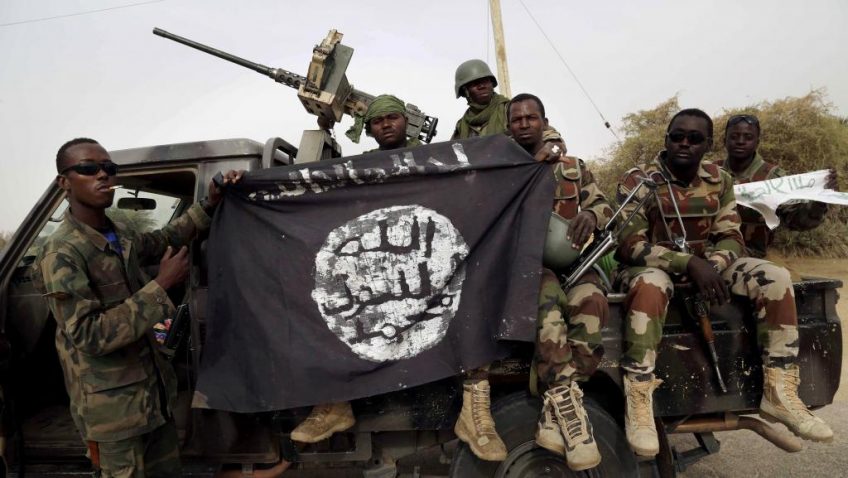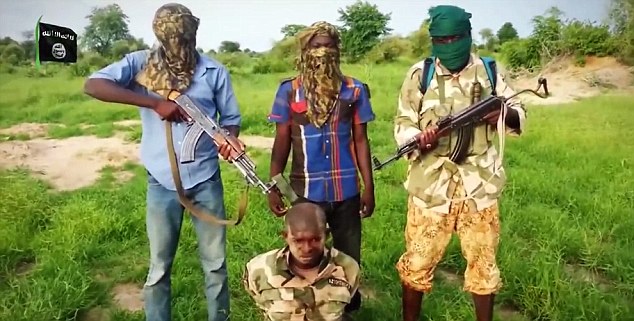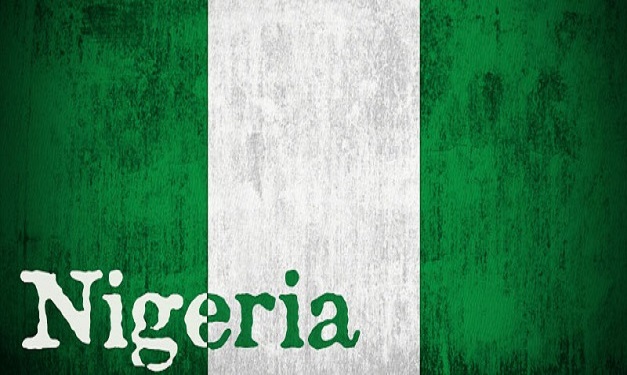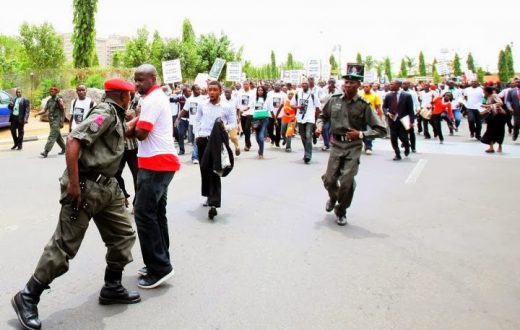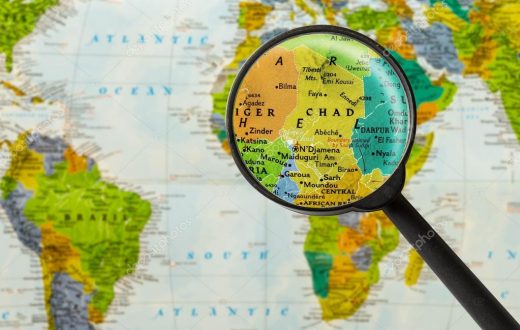Another mass killing happened in the highly unstable Borno State, in Nigeria. Boko Haram militia attacked and slayed 60 people, who were on the way back from a funeral. The fact took place in the small town of Nganzai, north of the state capital city Maiduguri. The reason of the terrorist attack, claims the local army chief Bunu Bukar Mustapha, would be a retaliation against citizens. In fact, two weeks before the massacre, the village repulsed a Boko Haram’s raid which ended with 11 terrorists dead.
Borno State is often protagonist of these type of harsh actions, since Boko Haram wants to found an Islamic State in the area.
Genesis of the Movement
Islamic protests did not start in Nigeria with Boko Haram. This movement comes after others, which appeared in particular in the 1970s, such as the Maitatsine movement, born under the aegis of Muhammad Marwa. He was killed in clashes with the army in 1980. His group disbanded, but its members scattered across the country gradually regrouped.
These various movements, which advocate a strict application of Sharia law, repressed by the army, open the voice to Mohamed Yusuf, “spiritual” leader of Boko Haram.
This preacher, who took up the radical Islamic cause and “anti-Westernism”, began to make himself known in the 2000s.
It is committed to a logic of rejecting the Western educational model inherited from colonization and considered perverse. “Mohamed Yusuf considers that the Western school destroys Islamic culture and conquers the Muslim community more surely than the Crusades. It condemns both the gender mix, the relaxation of morals, the corruption of traditional values, the use of the Gregorian calendar… and the practice of sport, which distracts from religion. As a result, he asks his followers to refrain from attending Western-inspired private schools and Nigerian public schools inherited from the British colonial system,” explains Nigeria specialist Marc-Antoine Pérouse de Montclos, PhD in political science and research fellow at the Institute for Research for Development (IRD).
The movement is not so much about conquering power as it is about the political ideal of a fundamentalist Islamic republic in the north of the country.
In 2003, Mohamed Yusuf’s fiefdom was attacked by the state police. The group then withdrew to Maiduguri, the capital of Borno State, which remains their base today.
Yusuf founded an Islamist school there that attracted students from all over the north of the country with a Muslim majority. Among them are the future members of Boko Haram: “Behind religion, the same deep resentment animates these populations who consider themselves abandoned by the elites, the central power and the federal police, corrupt and brutal,” Alain Vicky described in Le Monde diplomatique.

